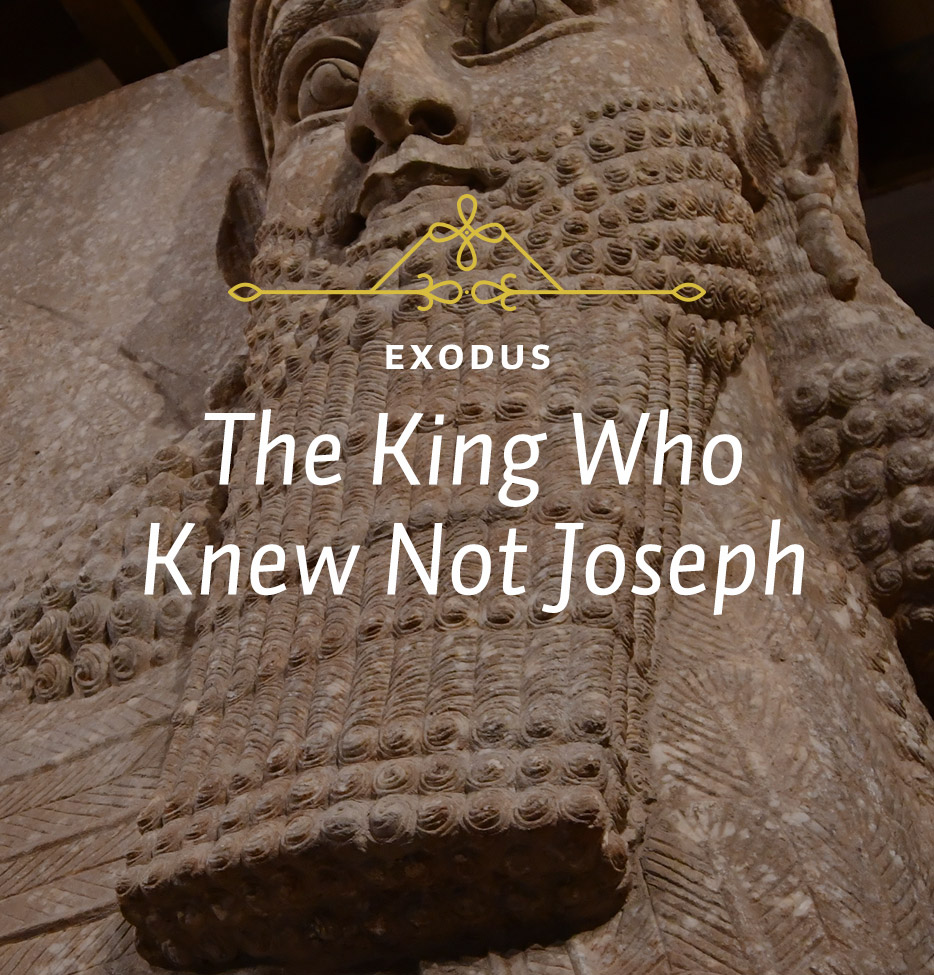That promise to Abraham from Genesis 22 also explains the persecution, because we have to remember that we are dealing here with spiritual things. This is not just one people hating another people. The Jews were the people through whom God was going to send the Messiah. That was announced way back in the book of Genesis in the third chapter in the words to Satan. The seed of the woman was going to crush the head of Satan. And Satan knows that. We have to see the hand of Satan in anti-Semitism all down through history. He moved the pharaoh of Egypt to try to kill the male babies. He did the same thing at the time of the birth of Jesus Christ, working in Herod to kill the babies of Bethlehem. Adolph Hitler would only be the most recent example. Yet, you see, God preserved the Jews and kept them and delivered them. History shows that nations that have persecuted the Jews have done so at their peril, and that the words of God spoken to Abraham still hold true. God said, “I will bless those who bless you, and whoever curses you I will curse” (Gen. 12:3).
In this grim picture that we have in this first chapter of Exodus there is nevertheless one bright spot, and that’s the conduct of the Hebrew midwives. Instead of obeying the king, they disobeyed him and they allowed the children to live. And God blessed them by showing kindness and giving them their own families (see Exodus 1:20-21).
These midwives were sensitive to God and they did the right thing. It is interesting, isn’t it, that God gives us their names in this chapter when we are not even told the name of the pharaoh. Their names were Shifra and Puah. In that day, who would have paid any attention to these midwives? Yet everybody knew the pharaoh and his father and the pharaoh before them. And their names were written down on the monuments. In the book of Exodus, God doesn’t even record the pharaoh’s name. But He remembers these two women because they did the right thing.
We are impressed by the world and those who are in positions of power or who are sophisticated or prosperous. We have to learn not to think that way. We have to learn to think biblically. Jesus Christ said, “My kingdom is not of this world.” Now if we really believed that, we wouldn’t be so impressed with the world. He told His followers that the world hates them because they don’t belong to the world either, but have been chosen out of the world. And John, who heard our Lord say that, later wrote to those for whom he had responsibility. “Do not love the world or anything in the world. If anyone loves the world, the love of the Father is not in him” (1 John 2:15). This leads to three points of application.
The first is that neither wealth nor sophistication leads to godliness. Egypt, for all its sophistication, was a pagan land; and that’s true of our culture as well. We’re very impressed by all our achievements in the area of technology. But you see, neither technology nor wealth nor sophistication makes a nation godly. As a matter of fact, if we pursue these things apart from God, they do exactly the opposite! Instead of making us godly, they actually make us godless. We become insensitive and cruel to others in pursuing our wealth and technology. Ours, the United States of America, is a very cruel land. This is a very vicious, wicked place, and what we need is a revival. And the revival is not going to come by our technology, it will come by God. Do you pray for revival? We need to ask God to begin a work of revival in us.
The second point of application is this: Salvation is from the Lord. The Jews were not going to be saved by pharaoh (that was clear enough), or by any other earthly monarch. And neither are we. We’ve got to get over the idea that we are going to get salvation from government. People are beginning to be sensitive to this, even if they are not Christians. Government does not save, and if that is true from an economic perspective, it is above all true spiritually. If we are going to be saved, it is going to come from the Lord. We have to ask for it. We have to look for it.
The last point of application is that it would be better to have been one of the Hebrew midwives than to have been pharaoh. You see, the world exalts the great and it despises the lowly. But in God’s way of doing things, it’s usually the exalted people that are brought low and the lowly people that are exalted, at least if they do the right thing out of reverence for God. Are you willing to be among the foolish and the weak and the despised people of this world? That’s what most Christians are. So when God works through you, it won’t be you who will be glorified but the glory will go to God. In order to be that, you have to pay a price. That’s costly, sometimes it even brings you into danger, which was certainly the case with the midwives. But if you stand for God, God will notice it. God notices every act of righteousness; nothing ever escapes Him. He writes the names of those people in His book. And not only that, God will reward you in His own right time.






